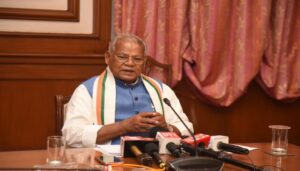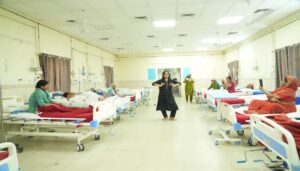
New Delhi: India’s fertility rate has declined to 1.9 births per woman, falling below the replacement threshold of 2.1, according to a new report by the United Nations. While the implications may not be immediately visible, demographers warn that the trend could pose long-term challenges for population stability and economic growth.
The report, based on a survey of 14 countries, explores the growing phenomenon of low fertility rates and the socio-economic and medical factors behind the trend. In India’s case, several interlinked reasons were cited by respondents.
Infertility or difficulties in conceiving were reported by 13% of participants, while 14% cited medical complications related to pregnancy. Poor health or serious illness was a barrier for 15% of those surveyed.
However, the most significant concern was economic. A striking 38% of Indian respondents said they refrained from expanding their families due to financial constraints. These include the rising cost of raising children, providing education, securing housing, and ensuring a decent standard of living.
Housing and employment insecurity were also prominent. Around 22% attributed their hesitation to inadequate housing, while 21% pointed to a lack of job opportunities as a key deterrent to parenthood.
The economic anxieties mirrored trends seen in other countries as well. In the United States, for instance, 38% of respondents also cited financial pressures as the primary reason for limiting or avoiding childbirth.
Although India continues to have a large and youthful population, experts caution that a fertility rate below replacement level, sustained over time, could result in labour shortages, an ageing population, and a shrinking tax base in the future.
The UN report urges policymakers to address structural challenges around health care, job creation, and social security to ease the pressures faced by potential parents and avoid the looming demographic imbalance.








